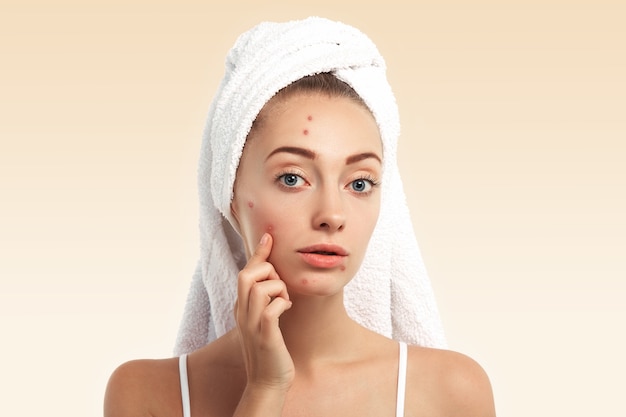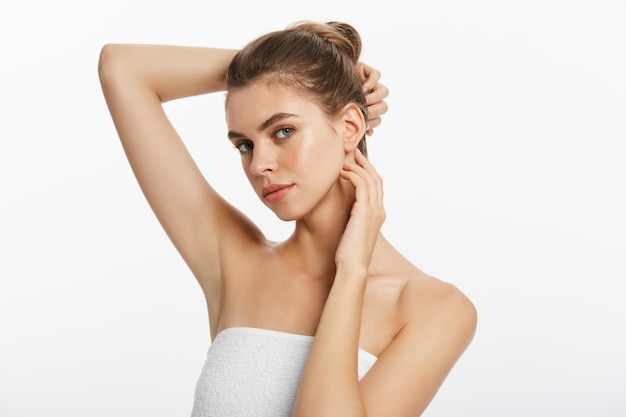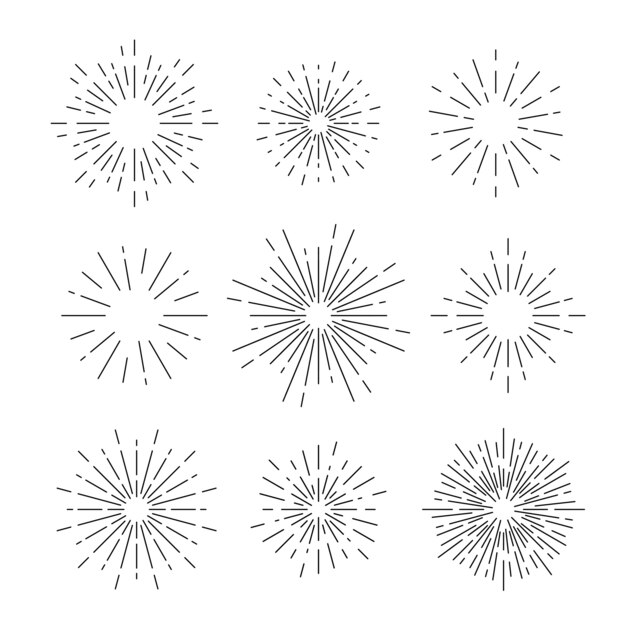

### Understanding Adult Acne: Causes, Treatments, and Practical Tips
For many adults, acne can feel overwhelming and even emotionally draining. It doesn’t just affect your skin—it can impact your confidence and emotional well-being, especially if you’ve struggled with acne during your teenage years. Adult acne often brings an added layer of frustration since it’s commonly labeled as a “teen issue.” But the truth is, adult acne is more common than you might think, and you’re not alone in dealing with it.
—
#### Adult Acne: Who Gets It?
If you’re battling acne as an adult, take comfort in knowing that you’re not alone. Research shows that acne affects a significant number of adults, often due to hormonal fluctuations like those caused by menstrual cycles, pregnancy, or menopause in women. Men are less likely to develop acne, but it’s still a reality for many of them as well.
Here are some eye-opening statistics:
– **In their 20s:** About 50.9% of women and 42.5% of men experience acne.
– **In their 30s:** Approximately 35.2% of women and 20.1% of men deal with breakouts.
– **In their 40s:** Acne affects 26.3% of women and 12% of men.
– **Even in their 50s:** 15.3% of women and 7.3% of men report acne issues.
Clearly, acne is not just a teenage problem; it’s something people of all ages, both men and women, can face.
—
#### Why Adult Acne Happens and Where It Strikes
One key difference between teen and adult acne is where it tends to occur. For adults, acne typically develops around the **chin and jawline**, while teen acne is more spread out across the face. Adult acne also tends to be more severe, often appearing as cysts, nodules, or papules, which are harder to treat with basic over-the-counter products.
—
#### Effective Treatments for Adult Acne
If you’ve been struggling with persistent acne, it’s wise to consult a dermatologist. Waiting it out or relying solely on store-bought products might not effectively address the problem. Dermatologists can recommend treatments tailored to the type and severity of your acne. Here’s an overview of some treatment options:
1. **Mild Acne:**
– Prescription creams or gels containing a combination of **benzoyl peroxide** and antibiotics may help reduce breakouts.
2. **Clearing Blocked Pores:**
– Topical retinoids are often prescribed to remove dead skin cells and excess oil that can clog pores.
3. **Inflammation Treatment:**
– Gels with **5% dapsone** or oral antibiotics can reduce redness and swelling.
4. **Hormone-Related Acne:**
– In women, birth control pills can help balance hormones that trigger breakouts.
—
#### Natural Remedies and Lifestyle Changes
While medical treatments can provide relief, there are also practical steps and natural remedies you can try at home to manage mild breakouts. Keep in mind that these options may not work for everyone and should always be used with caution.
– **Tea Tree Oil:** A diluted solution of **5% tea tree oil** can help with mild inflammation. However, it’s best to consult with a professional before use, as it might cause irritation in some cases.
– **Brewer’s Yeast (CBS 5926):** This has shown potential in treating mild acne, but like any supplement, it’s important to use it under expert guidance to avoid side effects.
—
#### Everyday Habits to Prevent Acne
To reduce the risk of breakouts, a few simple changes to your daily routine can make a big difference:
1. **Cleanse gently:** Wash your face with a mild cleanser twice a day—once in the morning and before you go to bed.
2. **Shower after sweating:** Sweat can mix with oil and block pores, so showering after exercise helps prevent this.
3. **Stay hydrated:** Aim for **8-10 glasses of water** daily to keep your skin healthy and clear.
4. **Prioritize nutrition and sleep:** Eating a balanced diet and getting 7–8 hours of sleep each night contribute to overall skin health.
5. **Limit face-touching:** Avoid touching your face to reduce the transfer of bacteria that can lead to acne.
6. **Keep hair off your face:** Oils from your hair can worsen acne, so keep it tied back if necessary.
7. **Choose the right cosmetics:** Opt for water-based, labeled “non-comedogenic” or “non-acnegenic” products to avoid clogging your pores.
—
#### Stick With Your Treatment
If you’re undergoing treatment, it’s important to stay consistent and patient. It can take time—sometimes weeks or months—for acne treatment to show results. It’s not uncommon for acne to worsen slightly before it begins to improve, so don’t give up midway. Persistent and severe cases of acne are best managed with professional help to prevent scarring and achieve noticeable relief sooner.
—
#### The Bottom Line
Dealing with adult acne can be stressful, but remember that results take time. Whether you choose professional treatment or focus on improving your skincare routine, staying patient and proactive will ultimately pay off. Acne may feel frustrating now, but with the right care and persistence, healthier, clearer skin is within reach.

